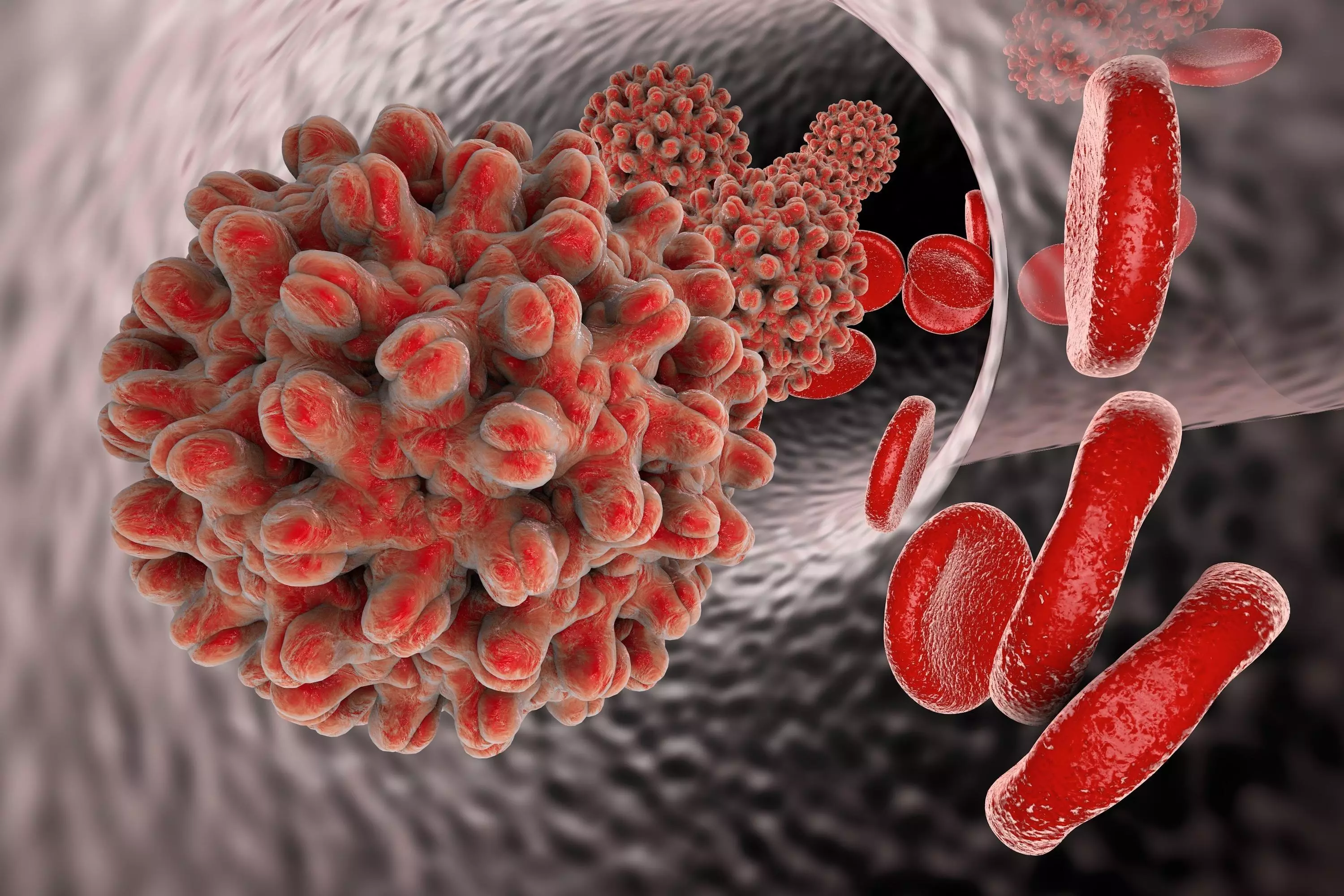What is Hepatitis B? Why has CDC recommended universal screening?
In India, Hepatitis B is more common and can be prevented through vaccinations
By Sulogna Mehta
Hyderabad: its updated guidelines published this month, Centres for Disease Control and Prevention (CDC) has recommended that all adults above the age of 18 years should be screened for Hepatitis B at least once.
However, people below 18 years have been exempted from universal screening. Those at risk and the unvaccinated should be tested in this age group. The CDC further recommends screening all pregnant women preferably during the first trimester of each pregnancy “regardless of vaccination status or history of testing.”
The triple panel consisting of Hepatitis B surface antigen (HBsAg), antibody to Hepatitis B core antigen (anti-HBc), and antibody to Hepatitis B surface antigen is recommended for initial screening to detect active or resolved infection including the vaccination status. In India, Hepatitis B is more common than Hepatitis C and can be prevented through vaccinations at any age.
At-risk group
All persons at risk for hepatitis B infection should be tested for the virus. The at-risk group includes infants born to Hepatitis B (surface antigen) positive mothers, injection drug users, persons with HIV infection, needle sharing, dialysis patients, unvaccinated persons, and men who have sex with men. The CDC has added three new at-risk groups, which include persons in jails, those with a history of current or previous Hepatitis C infection, people with sexually transmitted infections (STIs), and multiple sex partners.
In a new recommendation, the CDC says that anybody who wishes to undergo HBV testing should be tested for the infection “regardless of disclosure of risk.”All those who are continually exposed to the risk of infection should undergo periodic testing for Hepatitis B, irrespective of their age.
All about Hepatitis B
Hepatitis B is a DNA virus that attacks the liver and since it’s mostly asymptomatic, most chronically infected patients are not aware of their infections. It’s transmitted mostly through body fluids such as blood serum, saliva, and semen. The incubation period of the virus is two to six months and may take several years to manifest. Hepatitis B may progress into liver cirrhosis and eventually liver cancer, which can be fatal. Vaccines are available for preventing Hepatitis B.
Mode of transmission
Dr. Dharmesh Kapoor, Senior Hepatologist and Liver Transplant Physician, Yashoda Hospitals: “Bloodborne hepatitis viruses (B, C) spread when the transfer of blood or body fluid occurs from infected persons. Hepatitis B is contracted through unprotected sex with an infected person, sharing needles used for injecting drugs, getting a tattoo or body piercing with unsterilized needles, accidental needle stick injury, blood transfusions, hemodialysis, sharing personal items such as razors or toothbrushes and also it can get transmitted from the mother to the child during delivery.”
Causes
Heavy alcohol use, toxins, some medications, herbal remedies, and rarely certain genetic conditions can cause Hepatitis. However, hepatitis is most often caused by a virus. In India, the most common types of viral hepatitis are Hepatitis A, Hepatitis B, Hepatitis C, and Hepatitis E.
Treatment
For chronic hepatitis B, treatment is reserved for those who have the active disease (inflamed liver, high liver enzymes, evidence of liver scarring, etc). Those who do not meet these criteria for therapy should still be kept on follow-up and surveillance against liver cancer (HCC).
Lifestyle modifications to prevent liver damage due to viral hepatitis Sexual transmission is common in Hepatitis B. to Observe safe sexual practices.
Intravenous Drug Use (IVDU) is a growing epidemic on Indian campuses. Sharing of needles happen especially since the user won’t be in his full senses. Warn your kids about the risk.
The only vaccine-preventable cancer is Hepatitis B-induced liver cancer. So get vaccinated. Get screened for early detection of silent long standing Hepatitis B and C.
Pointers about viral Hepatitis
- Hepatitis A, and E, transmitted through contaminated water, can cure on their own.
- In India, Hepatitis B is more common than Hepatitis C and can be prevented through vaccinations at any age.
- Hepatitis C has no vaccines but effective medicine - directly acting antivirals (DAAs) - is now available besides the option of a liver transplant.
- Hepatitis A, and E, transmitted through contaminated water, can cure on their own.
- In India, Hepatitis B is more common than Hepatitis C and can be prevented through vaccinations at any age.
- Hepatitis C has no vaccines but effective medicine - directly acting antivirals (DAAs) - is now available besides the option of a liver transplant.